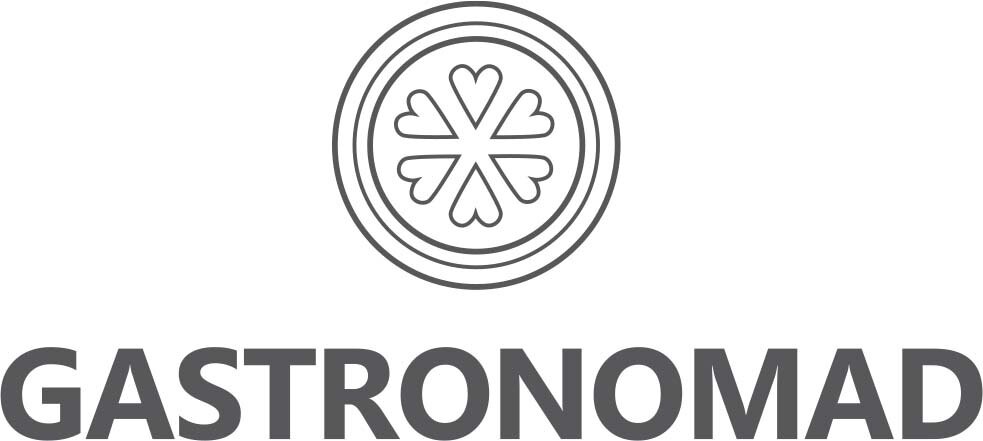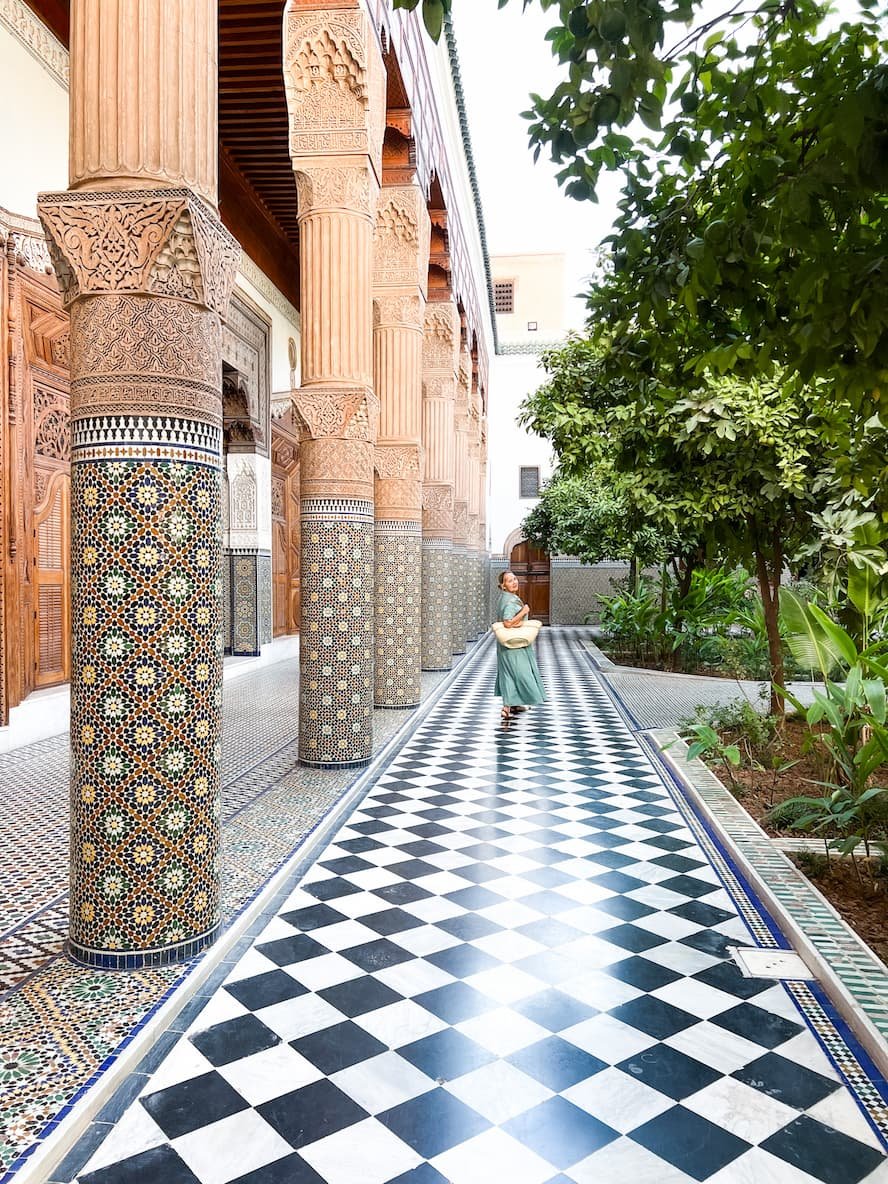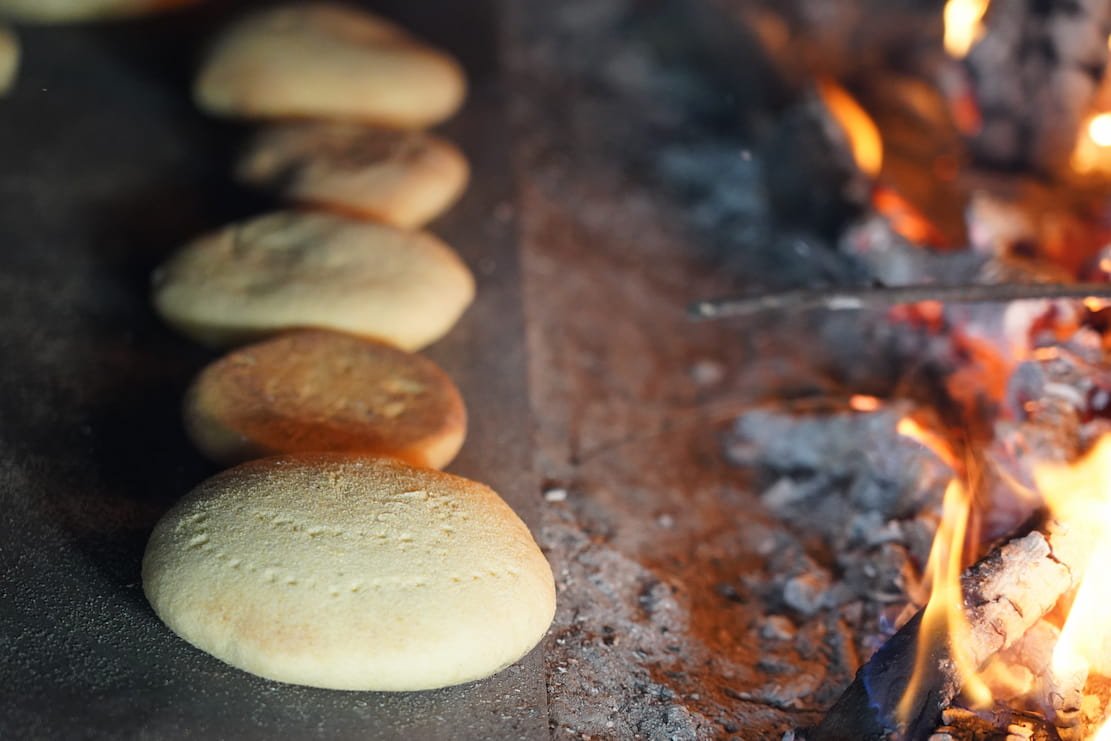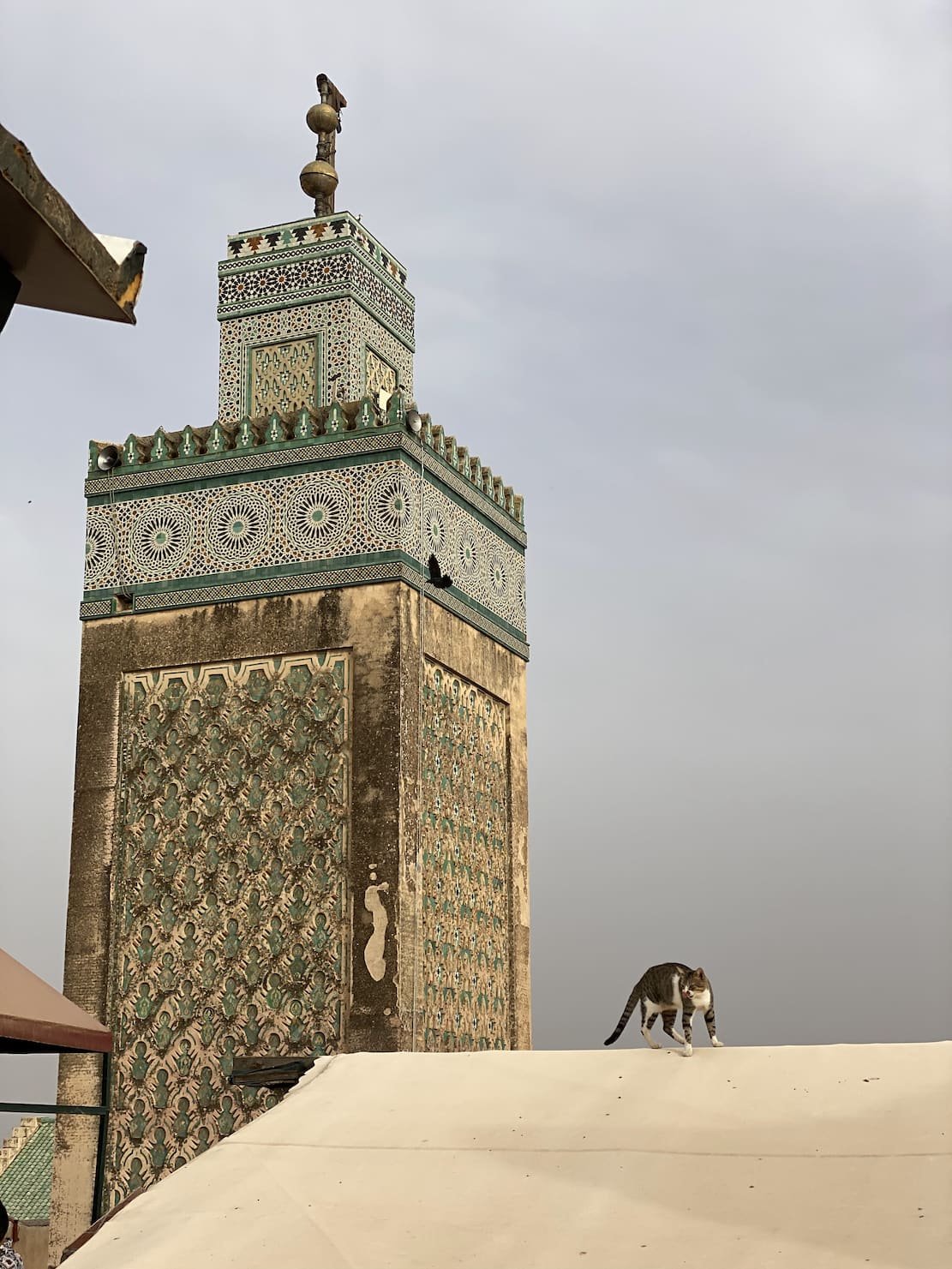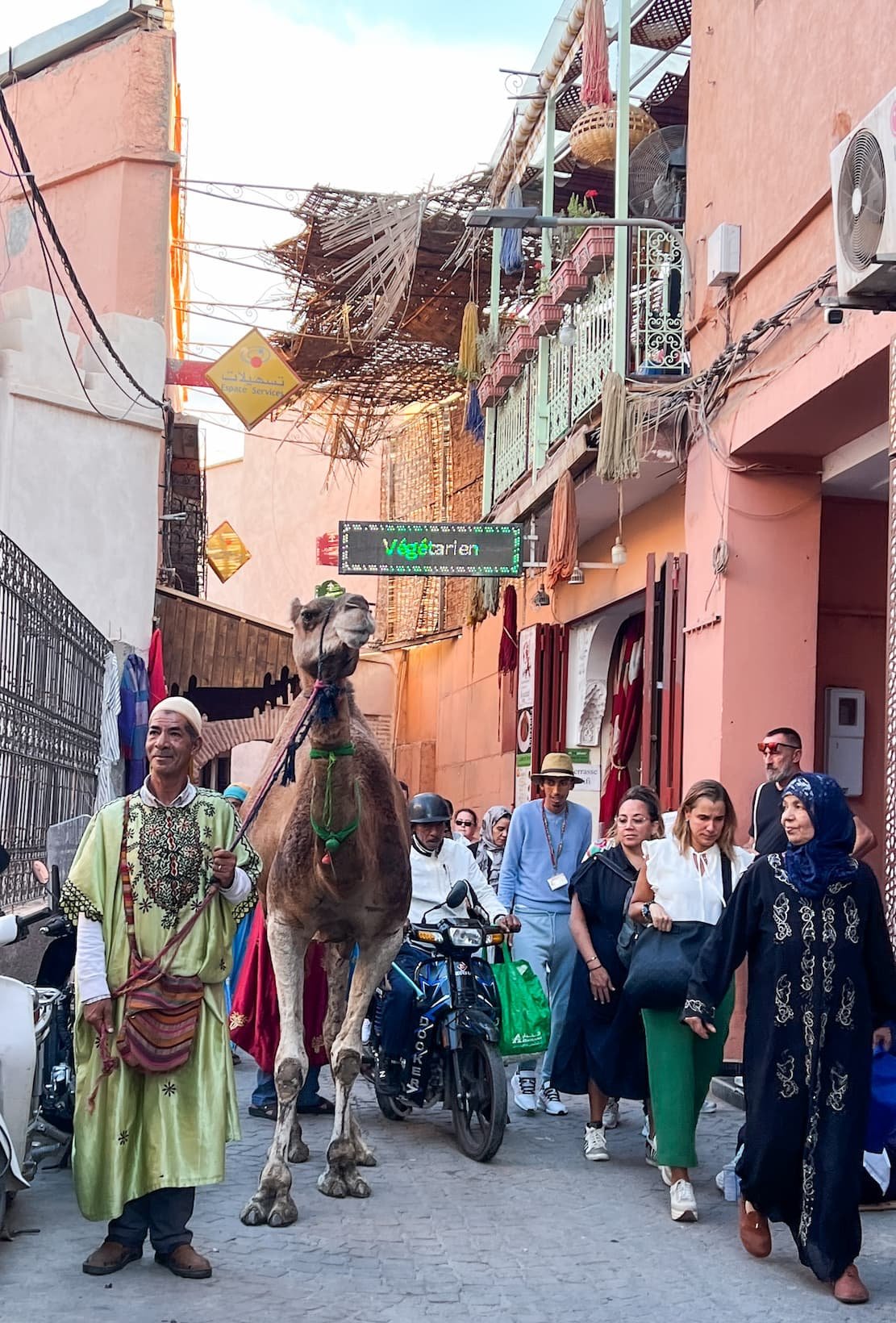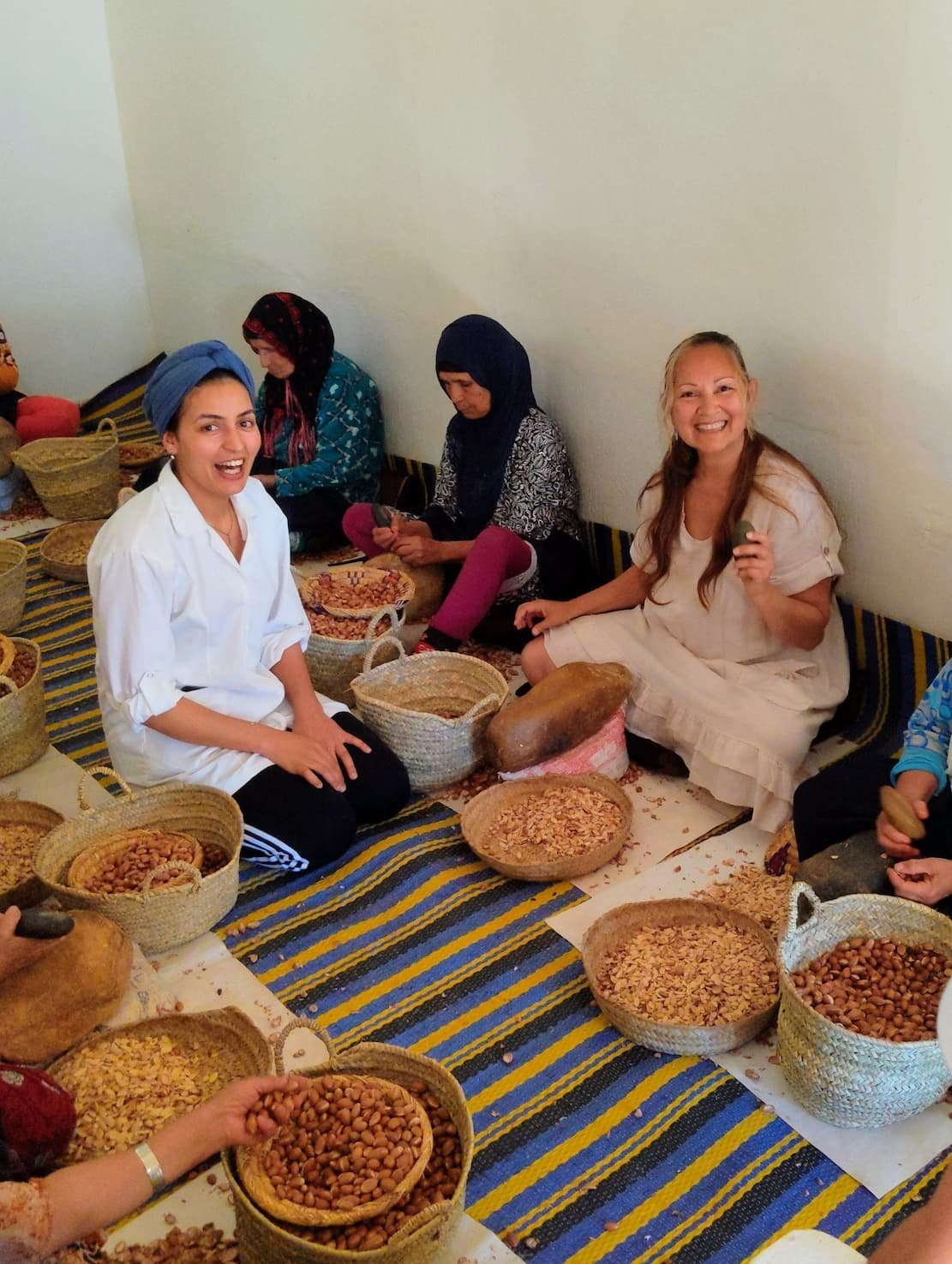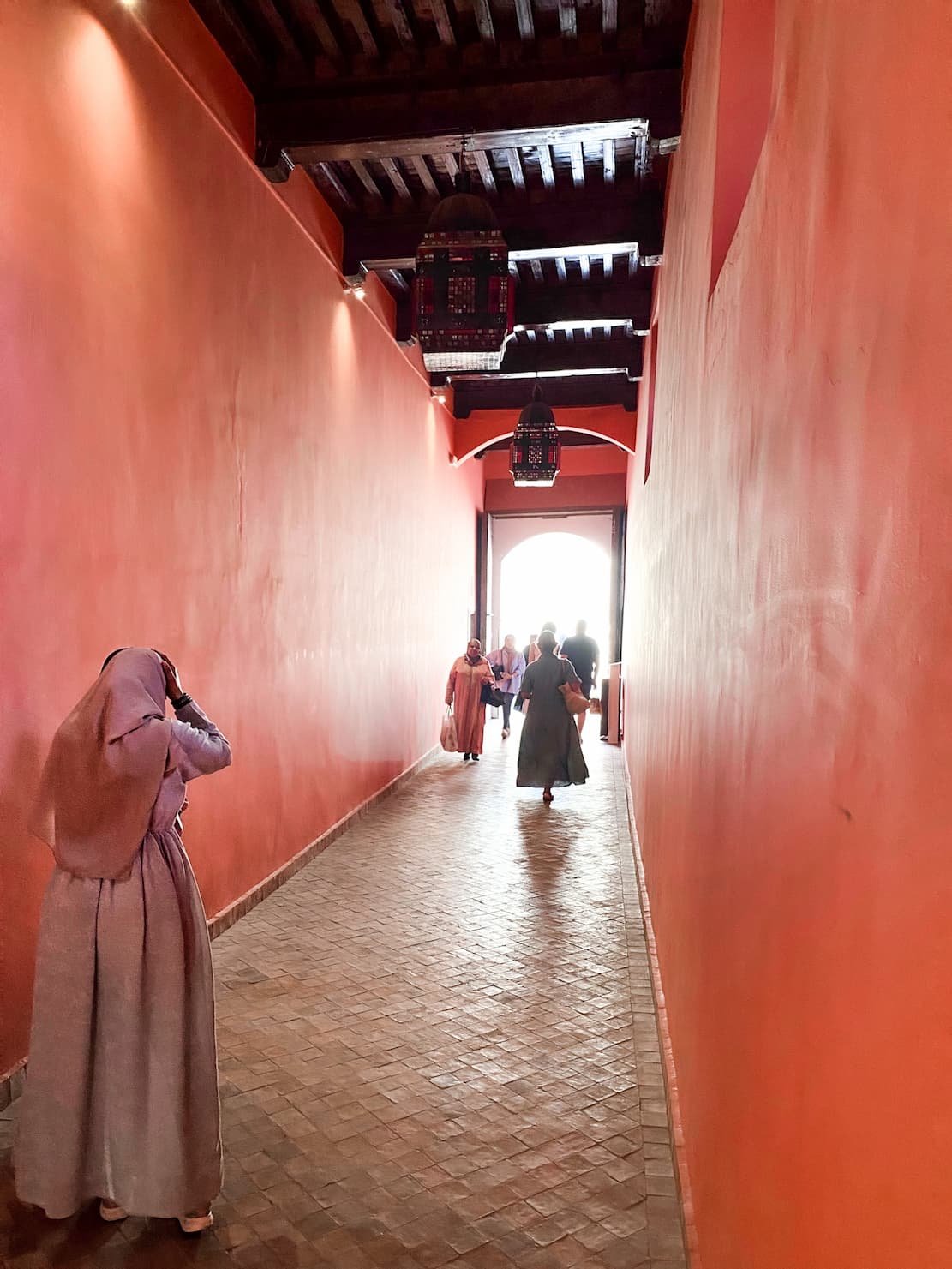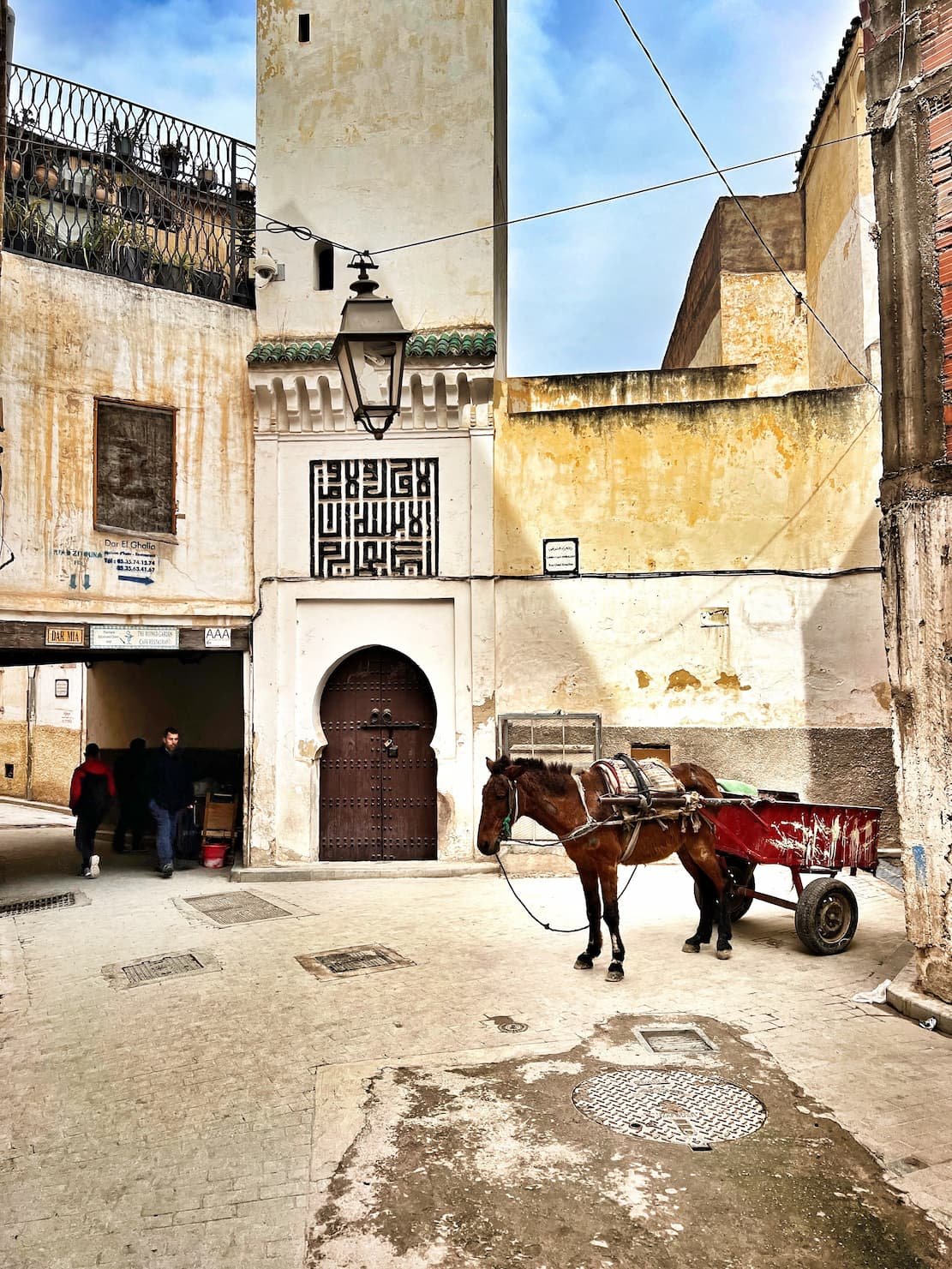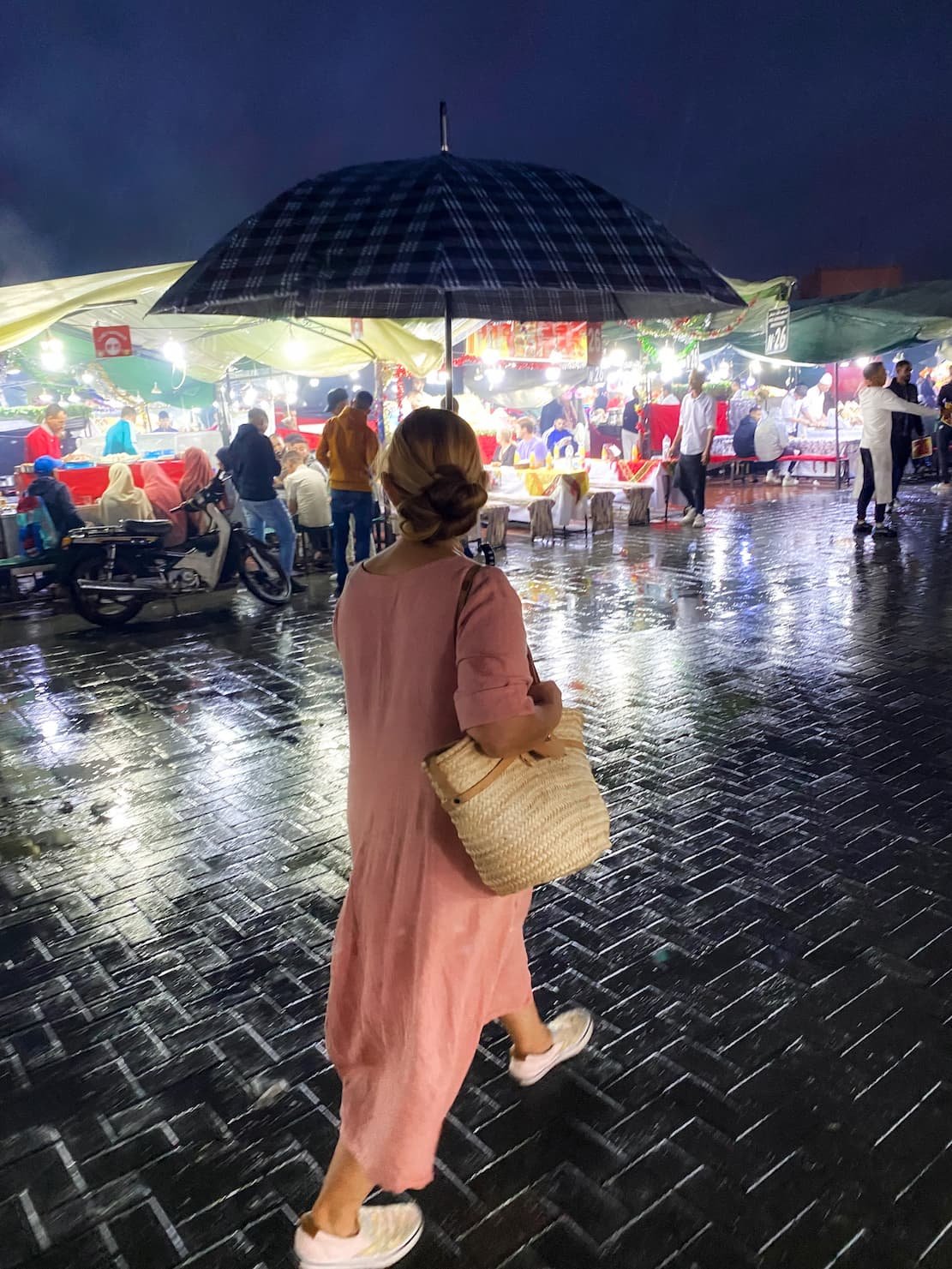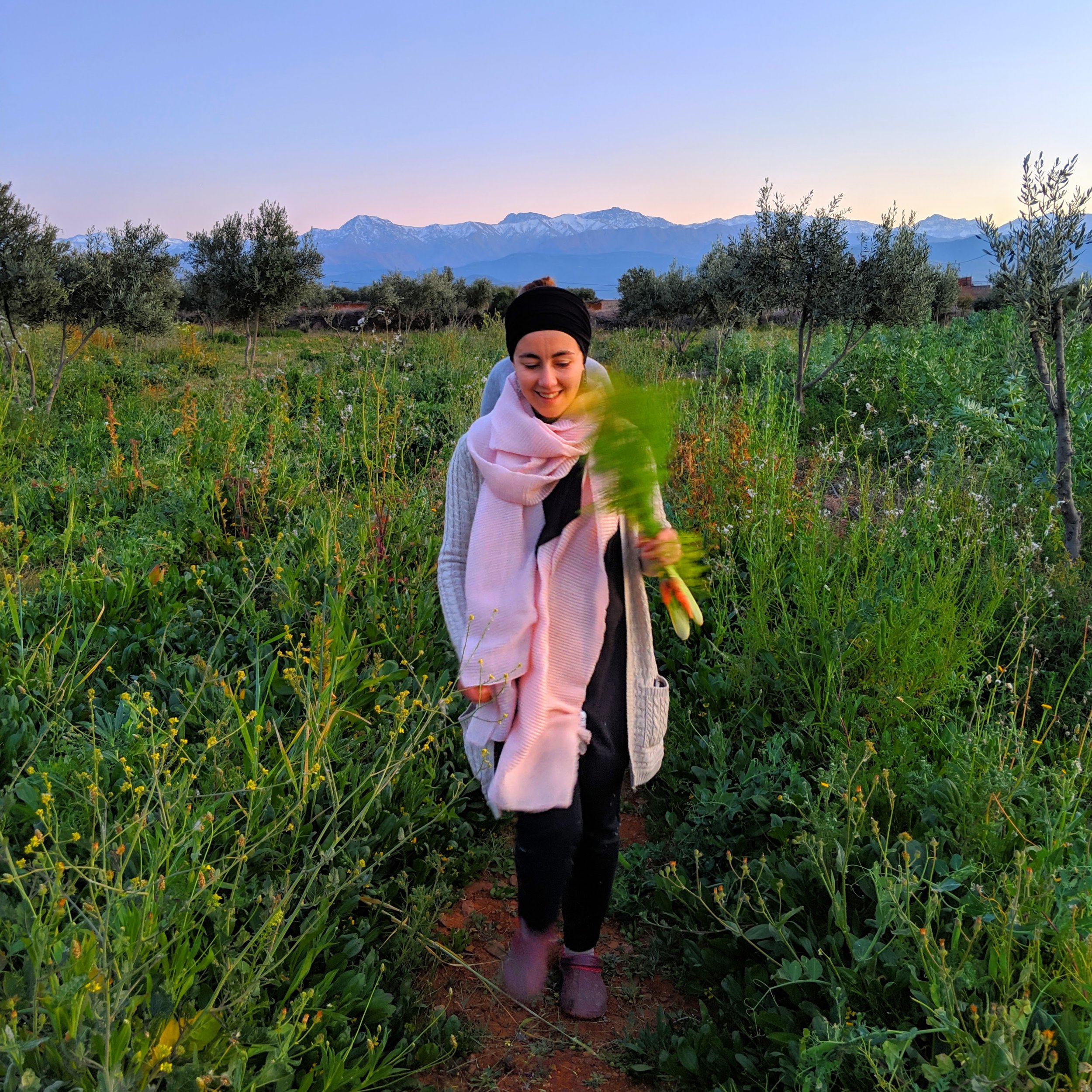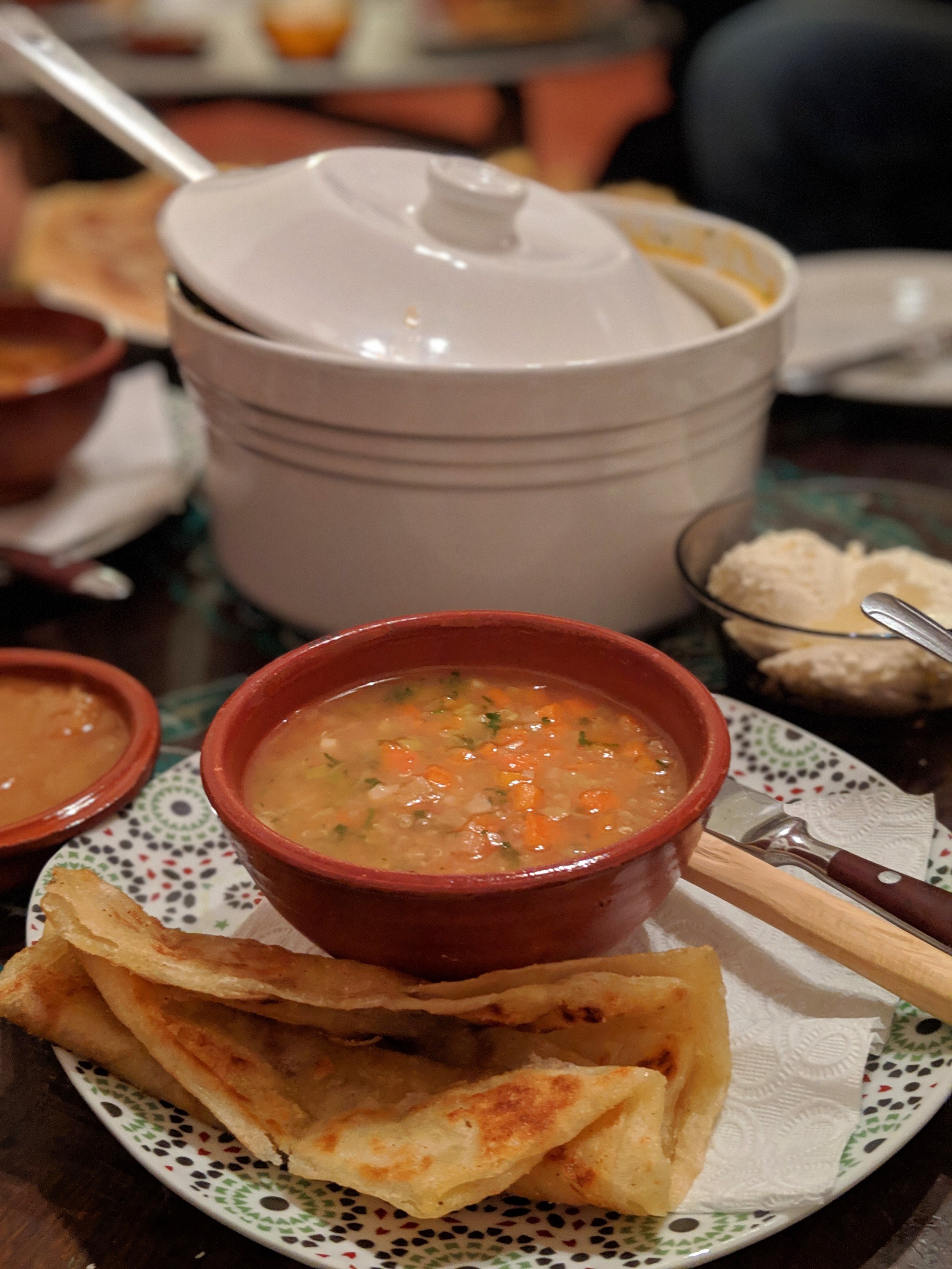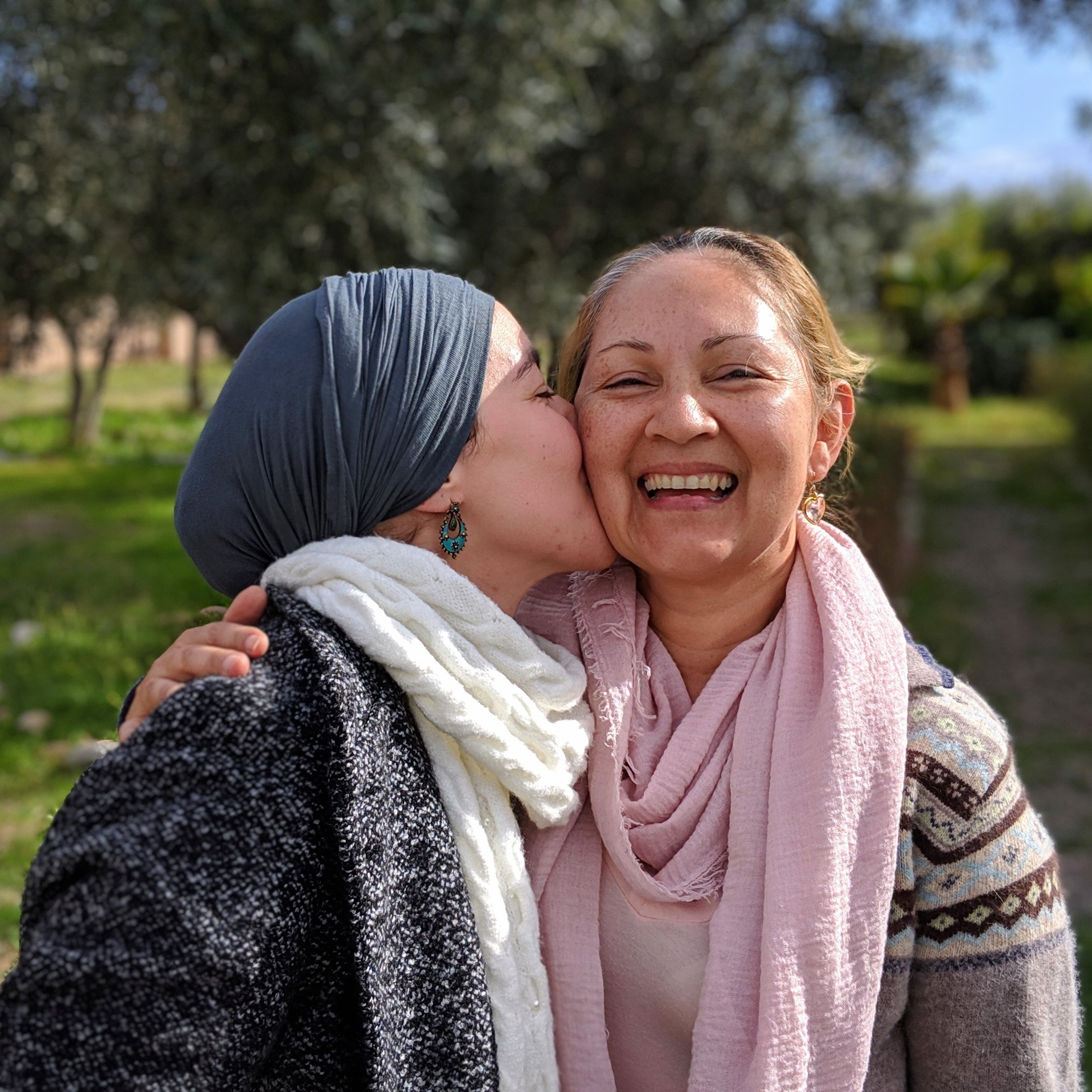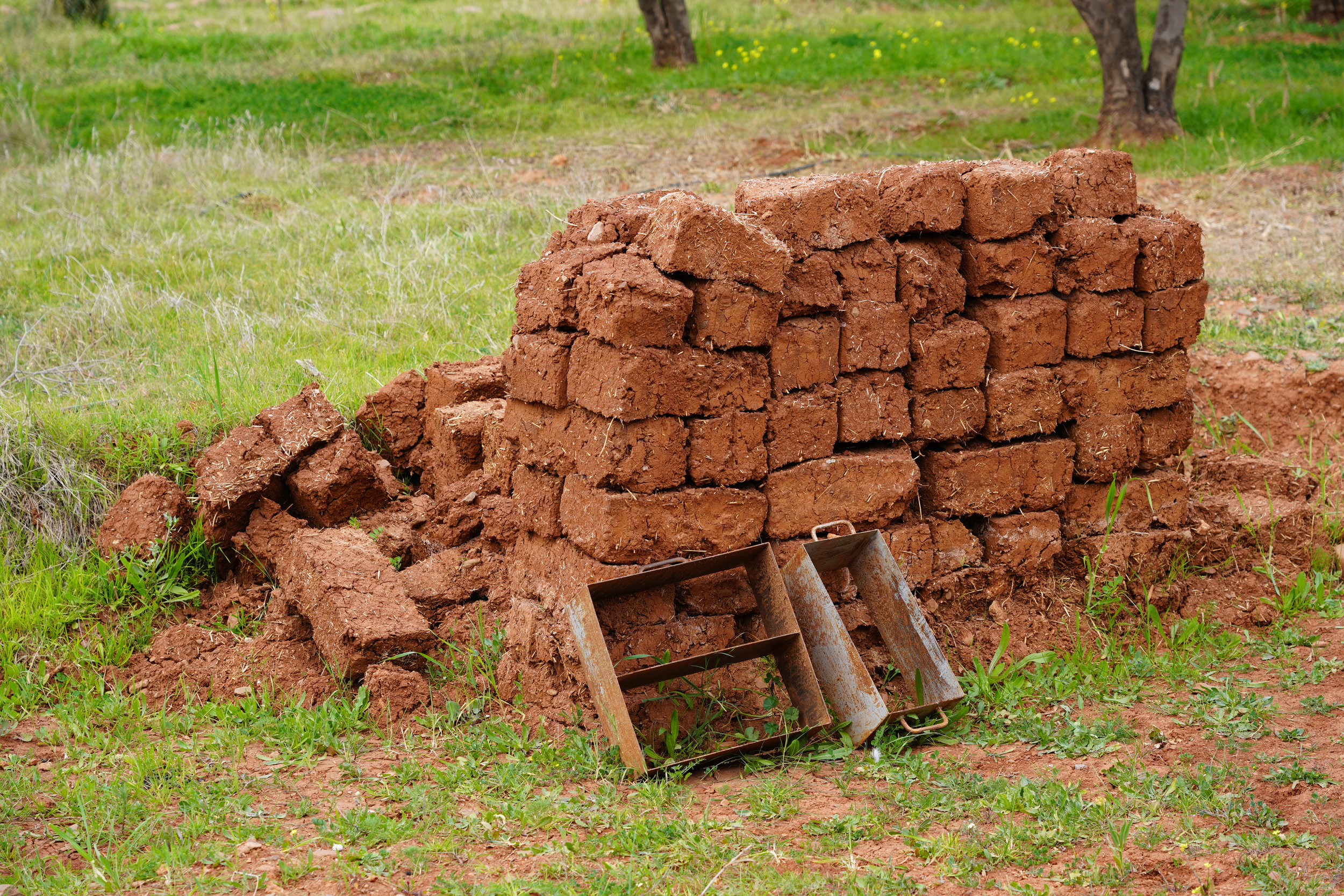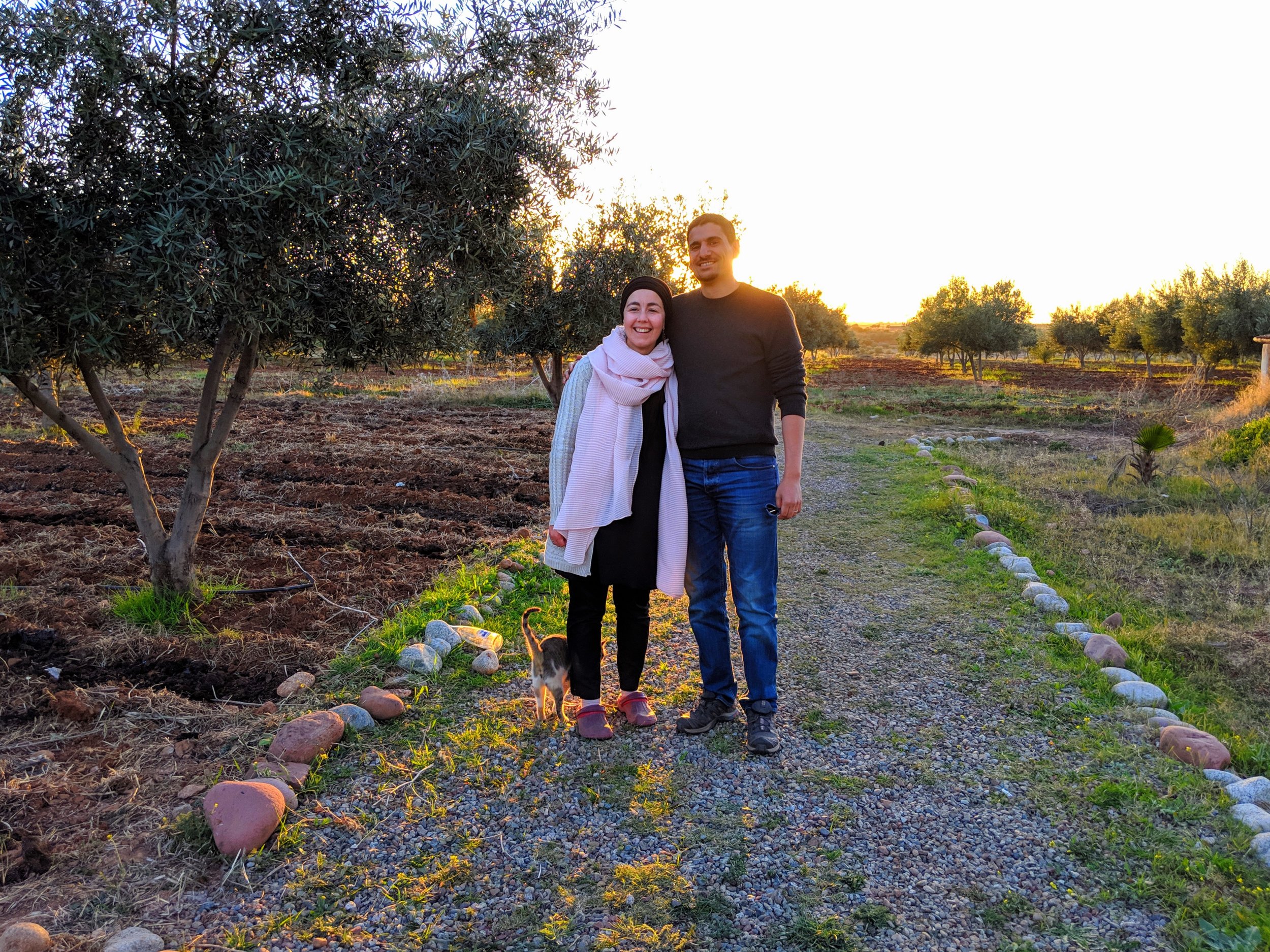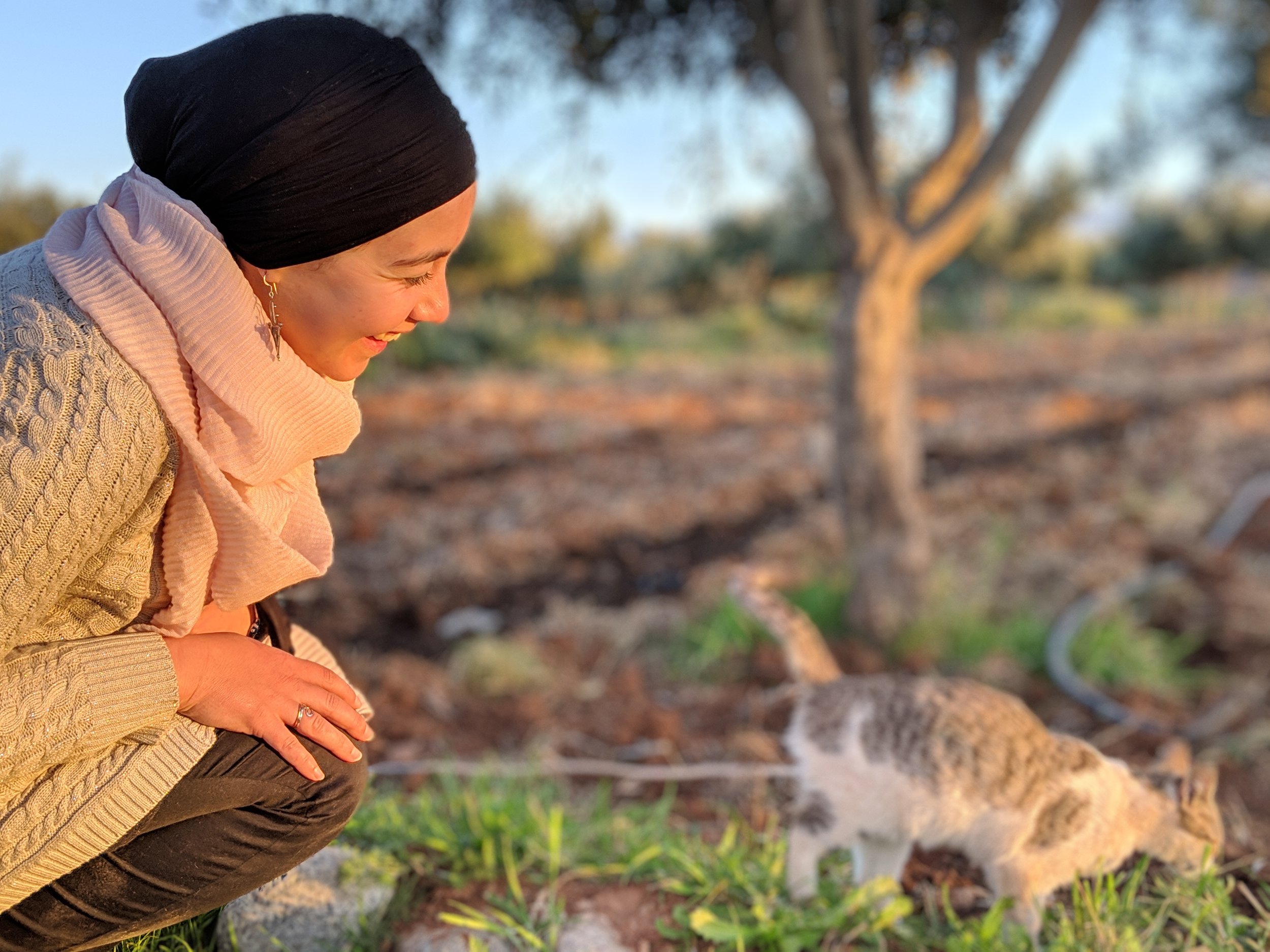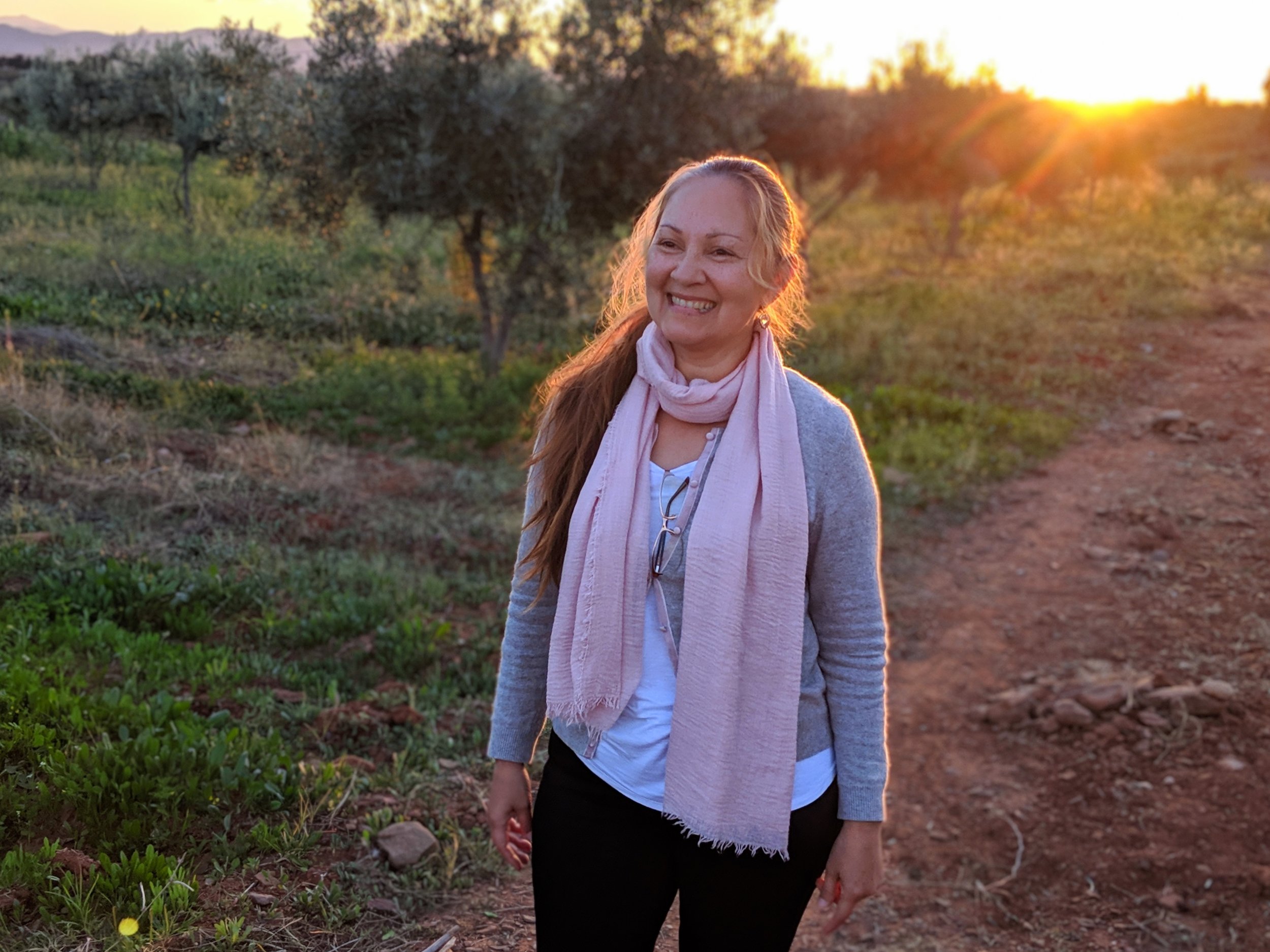Life in Marrakech always feels fast and slow, new and old — all at the same time. One moment you’re overwhelmed by the city’s hustle and bustle — the loud motorcycles racing through the narrow alleys of the ancient medina, dodging pedestrians — and the next moment you feel like you’ve traveled back in time when you happen to encounter a peaceful hidden alley with hardly any passersby. Every ancient archway feels like a path into the past.
Time becomes a blur in this part of the world. I wake up to the first call to prayer and go to sleep after the last of the day. And the time in between vanishes like the smoke that rises from the many cooking fires in Jemaa el-Fna square.
Life for us nomads is different everywhere we go. It changes with the environment. It changes with the time zones. And it changes with every culture we encounter and try to adopt as our own. Nothing ever gets stale. The life of a nomad is filled with novelty, serendipity and adventure. These are the built-in gifts and joys of living a nomadic life and exploring this magnificent world.
That's the good. What's the bad and the ugly? Not much turns out to be bad when you're a seasoned traveler and are of the mind that every experience is an opportunity for new adventure. What may seem like a negative thing often comes with a silver lining when you intentionally look for it. As far as ugly, the world is complicated and that’s reflected everywhere. No place on this planet is immune to the ugliness created by humans. We accept the world as it is.
The biggest downside of our lifestyle is how much we miss our loved ones. Doing FaceTime or Zoom with them helps but I still want that human touch with them. I still want those embraces and kisses -- especially our granddaughter's. Frankly, the hardest thing for me is that no matter the distance, I still feel the pain and suffering of those I love as my own pain and suffering. And though I can always catch a flight on a moment’s notice, I can’t always be with them when they need me and when I need to be with them.
In some ways, the sadness I carry with me keeps me grounded. Because of it I can genuinely and profoundly feel the joy bestowed upon me in all the different corners of the world I love so much. I've learned not to take anything or anyone for granted. I'm mindful of the fact that we only have one life to live so I focus on what matters most to me. I try to live life with intention, grace and mindfulness because anything else would waste the most valuable thing we all have: our precious time.
As full-time digital nomads, Mike and I are citizens of the world. But it's curious to me how those who have homes in a permanent house often tell us that they cannot comprehend how we can live without our own bed, our own kitchen or a daily routine with the same people in the same place. It's unfathomable and inconceivable to them. My mind instantly wonders how can they? But I know that's just me. It's the way I was probably born — born to explore.
My response: My lifestyle is not for everyone. But it's perfect for me. There are some trade-offs. But living in the same place permanently, sleeping on the same bed, cooking in the same kitchen, having the same daily routine and being attached to all the material possessions that come with a house are no longer tradeoffs for me. They used to be for a time many years ago.
Someone recently described us as "homeless" in the context of trying to describe the fact that we don't have a permanent residence address or live in a permanent house.
Obviously, we're not vagrants. And we actually own property. We don’t own or live in a permanent house by choice. We make a living doing what we love. But it's true we don't have a house that's a permanent residence other than sometimes we use our son's and daughter-in-law's address to ship things to. But we're not homeless — far from it. We rent our homes — sometimes for as little as for one week, most often for a month or two.
We are nomads. We move around a lot. Wherever we happen to be is our home. Right now, our home is Marrakech.
We're staying in a beautiful ancient Riad that's owned by a friend of ours. And it's magical to live here. Even after 16 years of this lifestyle, we fall in love with it all over again every time.
The more of the world we see, the more we realize how little of the world we’ve seen. The more we learn about other cultures, the more we realize how little we know. I reckon we'll spend the rest of our lives wandering around the world with the humbling understanding that we will never live long enough to see it all or learn enough about it. Some say ignorance is bliss. I find bliss in being confronted with my own ignorance. Because it's an invitation to learning something new.
Mike and I are of one mind when it comes to travel — and our gastronomadic lifestyle. We travel for the thrill of living everywhere and eating everything. We're not homebodies, I'm not even sure I can understand what that means but I do feel a certain aversion to the word.
I love roaming around and wandering aimlessly in every place we live -- that's my nirvana. It brings me immense joy, which produces enormous gratitude and happiness within my heart and soul. So much so that it feels like my heart beats a thousand times a minute from the exultation in every fiber of my being. But I could never feel this way if I were doing this alone. My secret ingredient is that I get to do it with the love of my life. Mike is the reason this is possible for me. I'm forever grateful to the universe for my good fortune.
Mike and I are always ready to go anywhere on a moment's notice. Packing is not a big deal. Changing plans and being flexible is part of the thrill. A canceled flight. A sudden invitation. It's all just another opportunity for serendipity. Extending our travels for an event is something we're always ready to do. Acting on a whim is all part of the joy of discovery.
For us, the world is too big to stay in one place. Home is wherever we happen to be. -Amira
